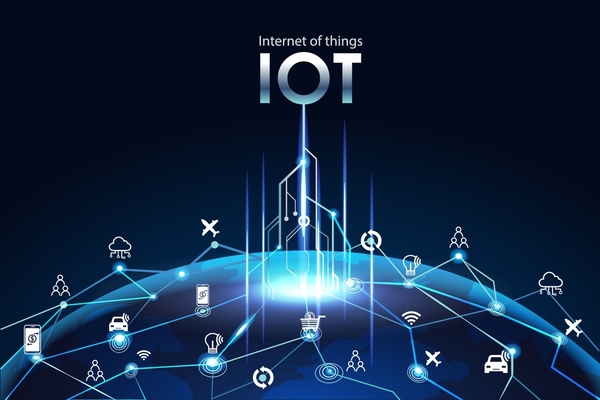The scarcity and inconsistency of urban data are currently impeding efforts to manage our cities fairly and effectively—a problem that could be solved by leveraging the most recent advances in artificial intelligence.
Our cities are astonishingly complex systems. Every day, they host a plethora of interconnected exchanges between people and processes, resulting in massive amounts of data. Researchers have begun to investigate how this information could be used to improve urban environments, but these efforts continue to face significant challenges due to limitations in its quality.
Bill Howe and colleagues from the University of Washington in the United States propose how artificial intelligence (AI) could be used to expand the coverage, access, and fairness of data collected in cities in a detailed analysis published in The European Physical Journal Special Topics.
While artificial intelligence (AI) is increasingly being used to analyze cities, its use has been widely associated with profit-driven, potentially societally harmful applications, like facial recognition. Howe’s team hopes that new advances in neural networks, AI models that mimic the functions of our brains as they learn and process new information, will change this picture.
They specifically propose that the networks could reconcile “top-down” approaches to a city analysis, which aim to model large-scale, emergent city properties, with “bottom-up” techniques, which aim to recreate individual interactions as closely as possible. This unification has been difficult so far because of inconsistencies in the availability and quality of data collected in cities.
To accomplish these goals, Howe and colleagues identify four specific challenges that AI could address: expanding existing data sources to account for sparse, inconsistent coverage; developing new sources based on governance, economics, decision making, and public participation; utilizing a more diverse range of approaches to data analysis; and finally, understanding the potential trade-offs between data accuracy, usefulness, and fairness. The team hopes that by implementing these improvements, AI will soon be used to address key questions in mobility, justice, and governance within cities, in which all citizens can participate.




